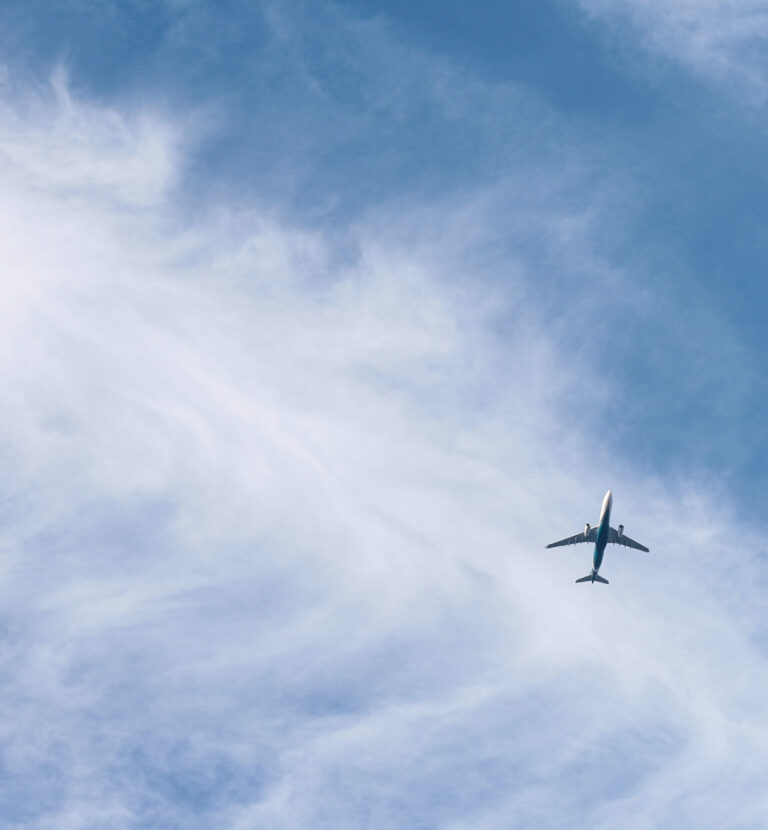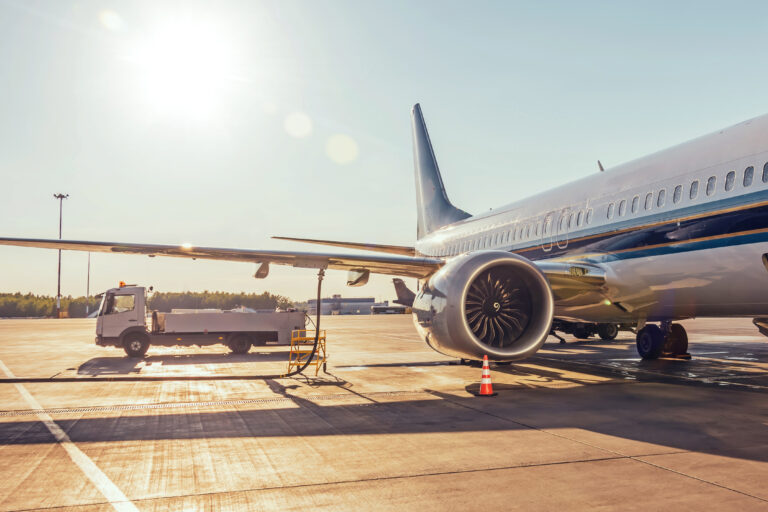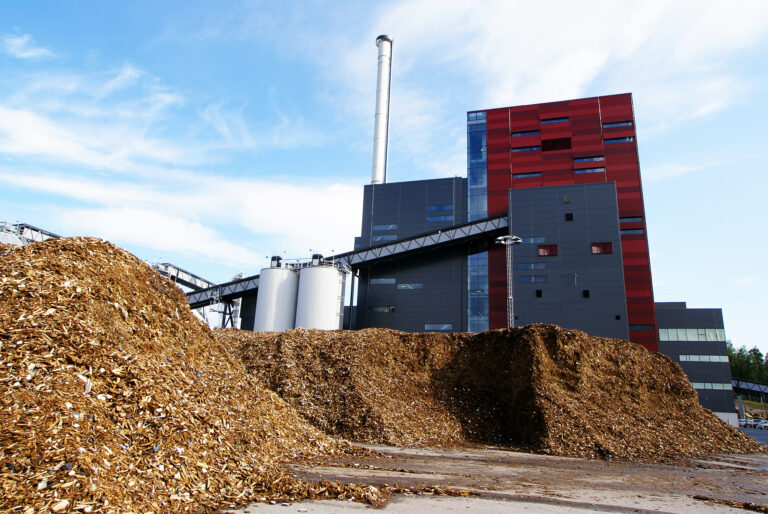

Sustainable aviation fuels at the heart of the reduction in the carbon intensity of air transport
Having halved the energy consumption per passenger in 20 years, air transport committed to carbon-neutral growth in 2020 and must strive towards carbon neutrality by 2050, in keeping with national and European policies. In addition to energy efficiency measures, sustainable aviation fuels will be key to achieving these targets. While electrification or the direct use of hydrogen are promising in the medium term on specific segments, the service life of the existing fleet, the depth of the order books and long-haul segments require the development of solutions that can be used in existing equipment.

The aviation sector relies on the use of aviation fuels produced from the kerosene fraction of crude oil. Sustainable aviation fuels correspond with fuels produced by alternative sources to crude oil, which satisfy sustainability criteria. These criteria depend on geography and regulations.
In Europe, it involves reducing greenhouse gas emissions over the entire life cycle by at least 70% compared with the fossil reference, while imposing constraints on eligible sources of biomass to avoid conflicts of use and indirect emissions from land-use change.
The sustainability of sustainable aviation fuels is defined by a circular carbon cycle logic : the carbon absorbed by photosynthesis is recycled (negative emission), after which in-flight fuel combustion generates an emission (positive emission). Residual emissions depend on production pathways and process efficiency. These fuels have the advantage of being usable in the existing infrastructure, without having to alter aircraft, engines or operations, and fungible with conventional kerosene up to a certain mix level defined by regulations based on the production pathway (5% to 50%)

Sustainable aviation fuels are divided into two main categories:
– biofuels produced from biomass, themselves split into first-generation biofuels and “advanced” biofuels, which are characterised by lack of competition with human consumption (waste oil, agricultural waste, etc.);
– synthetic fuels, sometimes referred to as “e-fuel”, produced from electrolytic hydrogen and recycled carbon.
Sustainable aviation fuels are also categorised based on their production pathways. To date, eight pathways have been certified by the American Society for Testing and Materials (ASTM), at 5% to 50% blending levels, including oil hydrotreatment and lignocellulosic biomass gasification systems followed by Fischer-Tropsch for up to 50% incorporation. Ten other innovative pathways are being studied, with variable feasibility and certification potential, confirming the extent of technological possibilities.
We develop, finance, build and operate low-carbon molecule production plants in France and in the iberian peninsula. Discover the application sectors of our products !
